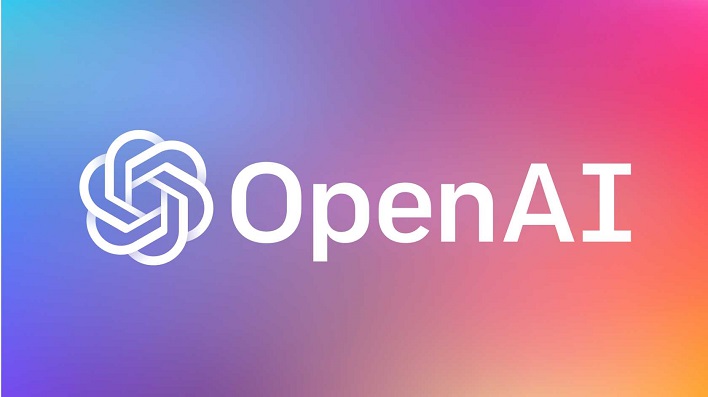Founding Father Of AI Is More Concerned About Its Impact On Humanity Than Climate Change
Dr. Hinton, along with two of his graduate students, pioneered what is now the intellectual foundation for the AI we now know back in 2012 at the University of Toronto. Hinton announced his departure from Google so he could speak freely about the risks involved with the development of AI technology, without having to consider the impact it would have on his former employer. Now, the former Google employee is once again speaking out on the dangers of unregulated AI development.
In an interview with Reuters, Dr. Hinton expressed his concerns surrounding AI development by stating, "I wouldn't like to devalue climate change. I wouldn't like to say that." He continued, "But I think this might end up being more urgent."

While Dr. Hinton joins a growing list of leaders in the tech industry speaking out about the potential dangers of AI, he disagrees with pausing research.
"It's utterly unrealistic," he remarked. "I'm in the camp that thinks this is an existential risk, and it's close enough that we ought to be working very hard right now, and putting a lot of resources into figuring out what we can do about it."
This view lines up with what Bill Gates recently stated, "I don't think asking one particular group to pause solves the challenges. Clearly, there's huge benefits to these things ... what we need to do is identify the tricky areas."
Hinton's former boss, Alphabet CEO Sundar Pichai, added to the dilemma of what to do when he stated in a recent interview with 60 Minutes, "It can be very harmful if deployed wrongly and we don't have all the answers there yet - and the technology is moving fast. So, does that keep me up at night? Absolutely."

Biden himself recently held talks with leaders in AI, including Alphabet CEO Sundar Pichai and OpenAI CEO Sam Altman. The President promised a "frank and constructive discussion" on what companies need to be doing in order to be more transparent about the technology each is developing.
Hinton spoke to such meetings, remarking, "The tech leaders have the best understanding of it, and the politicians have to be involved. It affects us all, so we all have to think about it.


